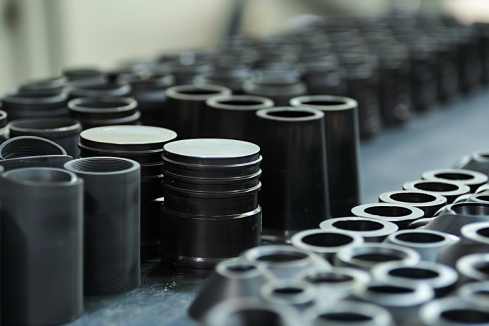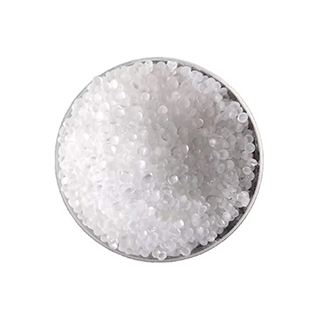Stanford Advanced Materials (SAM) provides technical and material support for customised polymer components. It utilises additive manufacturing to produce rapid prototypes and flexible series production. It specialises in material processing including casting and blown film extrusion, customised polymer extrusion and injection-moulded parts.
We utilise our expertise in sintering, direct forming and CNC precision machining to deliver components that meet stringent performance criteria. Our cutting and finishing techniques include laser cutting, stamping, slotting and rewinding. We also manufacture customised tubing, perform adhesive bonding and polishing, thereby meeting precise engineering specifications.

 Bars
Bars
 Beads & Spheres
Beads & Spheres
 Bolts & Nuts
Bolts & Nuts
 Crucibles
Crucibles
 Discs
Discs
 Fibers & Fabrics
Fibers & Fabrics
 Films
Films
 Flake
Flake
 Foams
Foams
 Foil
Foil
 Granules
Granules
 Honeycombs
Honeycombs
 Ink
Ink
 Laminate
Laminate
 Lumps
Lumps
 Meshes
Meshes
 Metallised Film
Metallised Film
 Plate
Plate
 Powders
Powders
 Rod
Rod
 Sheets
Sheets
 Single Crystals
Single Crystals
 Sputtering Target
Sputtering Target
 Tubes
Tubes
 Washer
Washer
 Wires
Wires
 Converters & Calculators
Converters & Calculators

